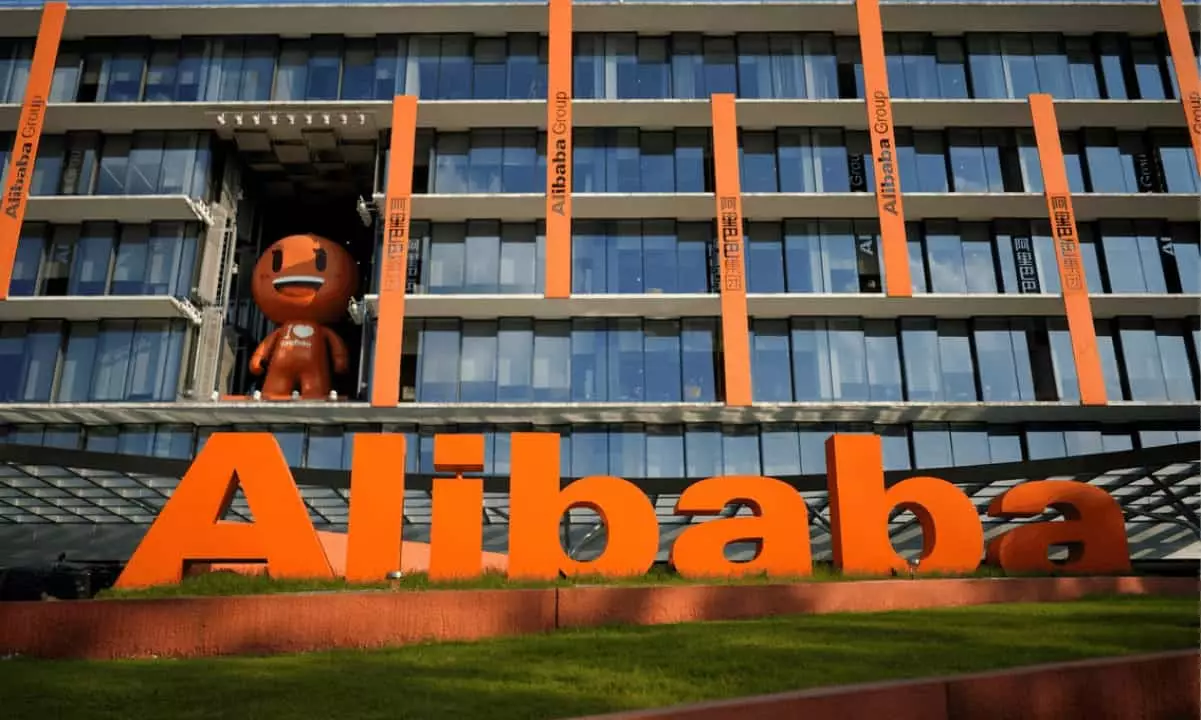In a notable evolution within the tech industry, Alibaba has elected to streamline its metaverse initiatives, mirroring a wider trend among leading technology firms that are reassessing their commitments to this once high-anticipated sector. This strategic restructuring within Alibaba’s Yuanjing division—its dedicated metaverse unit—has resulted in significant layoffs that reportedly impacted dozens of employees across key locations, namely Shanghai and Hangzhou. Such a move, albeit lamentable for those affected, signals a recalibration rather than an outright retreat from the metaverse concept.
Despite the layoffs and a notable reduction in workforce—which at one point comprised hundreds of personnel—the Yuanjing unit is not entirely retreating from the metaverse domain. Instead, Alibaba is opting to refine its focus to prioritize metaverse applications, customer-centric services, and innovative tools. This shift is evidently a response to the changing landscape and the necessity for enhanced efficiency, particularly in an era marked by increasing pressure on profitability and a search for clarity amidst the complexities of emerging technologies.
Investments in the metaverse have surged in recent years, with industries envisioning a future where users interact through augmented and virtual reality. In this vein, Alibaba has already shown its commitment by spearheading a substantial $60 million investment in Nreal, a company specializing in augmented reality glasses, underscoring the belief that AR, VR, and mixed reality will function as gateways into the metaverse.
In a broader context, the metaverse is currently experiencing a cooling phase as tech giants pivot towards more immediate technological advancements like artificial intelligence. This transition reflects a strategic decision to channel resources and talent into domains showing a more immediate potential for return. In light of the recent layoffs at Meta Platforms, including those within its Reality Labs division, and a similar strategic realignment at Baidu, it is clear that the excitement surrounding the metaverse has subsided.
Despite this, industry forecasts remain optimistic regarding the industrial metaverse’s trajectory. According to data from Global Markets Insights, this sector was valued at an impressive $22.4 billion in 2023 and is projected to grow at a compound annual growth rate (CAGR) of 29.5% from 2024 to 2032. This indicates that while companies like Alibaba may be recalibrating their approaches, the underlying potential of the metaverse in various applications, particularly industrial, continues to warrant attention from investors and businesses alike.
Alibaba’s decision to trim its metaverse operations highlights a critical juncture for the tech industry, wherein companies must balance dream pursuits with market realities. Although layoffs are a difficult aspect of this transition, they also afford organizations the opportunity to refocus on practical implementations of technology. Moving forward, the challenge for Alibaba and its competitors will lie in capitalizing on the foundational work already laid in the metaverse sector while judiciously investing in technologies that promise immediate and significant returns. Through this lens, Alibaba’s metaverse journey may serve as both a cautionary tale and a beacon of opportunity for navigating the complexities of tech innovation in a rapidly evolving market.

